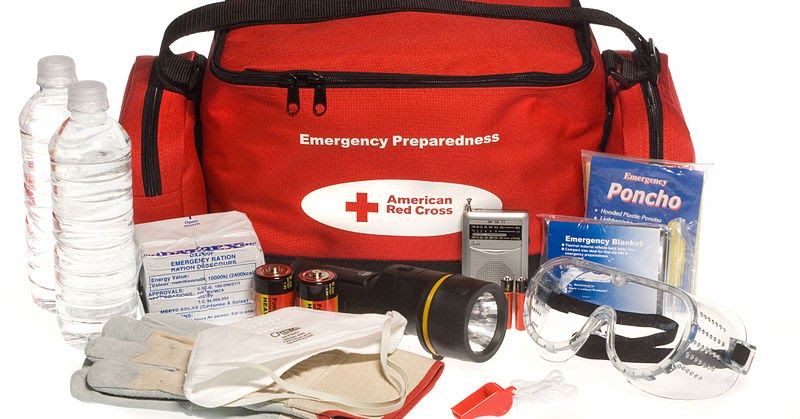-
Our Community
-
- Our Community About Florence City Newsletter News & Recognition Events & Activities City Calendar Florence Events Center Calendar Chamber Calendar RiverCal Siuslaw Library Calendar Schools Siuslaw School District Lane Community College
- Airport City Projects Directory Doing Business Health Care Resources Library Local Media Rainfall Report Transportation Parks & Trails Directory
- Public Safety City of Florence Police Lane County Sheriff's Office Oregon State Police US Coast Guard - Siuslaw Station Western Lane Fire & EMS Authority Organizations Florence Area Chamber of Commerce Florence Events Center Florence Senior Center Port of Siuslaw Siuslaw Vision
-
- Doing Business
-
Welcome Visitors
-
- About Florence Community Amenities Airport Florence Events Center Library Parks & Trails Directory Public Art Senior Center
- Eat, Shop, Stay & Play Florence Area Chamber of Commerce Move Your Business
- Events & Activities City Calendar Siuslaw Library Calendar Chamber Calendar Florence Events Center Calendar
-
-
Inside City Hall
-
- City Council City Services A-Z Commissions and Committees City Projects Directory Agendas and Minutes Florence News ADA Facility Code of Conduct
- Administration Administrative Services City Manager's Office City Recorder Economic Development Emergency Management Finance Human Resources Municipal Court Urban Renewal (FURA) Utility Billing Florence Events Center Police
- Community Development Building Code Enforcement Planning & Zoning Public Works Airport Parks Stormwater Streets Wastewater Water Media Inquiries
-
-
Helpful Resources
-
- Apply for a Job Apply for a Board or Committee Contact the City Council Contact City Staff Check City Social Media Download Forms & Applications Find a City Code
- Find Transportation Get a Business License Get a Noise Variance Get Email Subscriptions Hold a Special Event Locate City Offices Pay My Utility Bill Pay My Court Fine
- Report a Code Violation Report Storm Related Issues Request a Police Report Request a Public Record Reserve a Park View Bids & RFPs View the Calendar
-
Disaster Kit
Emergency Preparedness is essential for individuals and families. You and your family need t take the proper measures to be prepared in case of a natural disaster. Mother Nature can be very unpredictable and if you are prepared and have the proper supplies on hand, then it will help eliminate some of the stress while you are trying to recuperate from an emergency situation.
Food storage and other aids are important to keep up-to-date and have for survival. Sometimes creating a food storage supply can be overwhelming. An essential kit that can get you started in preparing your family for an emergency situation is a 72-hour kit. Having a 72-hour kit available for each individual in your family can be a lifesaving item. It is a good idea to have a big kit with things for your entire family and also have some individual kits that fit the needs of certain family members.
The 72 - Hour Emergency Kit should be individually tailored to meet the basic survival needs of your family for three days to a week. Most families prefer to store their emergency supplies in one location that is relatively safe, yet easily accessible if evacuation is required. Items may be stored in a 32-gallon trash can, suitcase, duffel bag, footlocker or individual pack.
Emergency Needs
- Battery powered radio
- First aid kit an manual
- Sleeping bags and blankets (wool or thermal)
- Manual can opener
- Waterproof/windproof matches
- Nonperishable foods
- Water storage (1 gallon/person/day)
- Water purification tablets
- Utility knife
- Emergency candles
- Extra eyeglasses and contact lenses
- Essential medications
- Suggested nonperishable food items:
- Ready-to-eat goods in unbreakable containers, canned meats, juice, fruits and vegetables, powdered milk, infant care foods, crackers, peanut butter, freeze dried and dehydrated goods.
- Sanitation Kit Plastic bucket with tightly fitting lid
- Plastic bags and ties
- Disinfectant, soap
- Improvised toilet seat (5-gallon bucket or a coffee can)
- Paper cups and plates
- Personal toiletries & hygienic needs
- Toilet paper
- Aluminum foil
- Paper towels
- Plastic utensils
Other Emergency Needs
- Pen and paper
- Money
- Address and phone numbers
- Work gloves
- Basic tools
Standard First Aid Kit
- First aid manual
- Aspirin or pain relievers
- Laxatives, diarrhea medicine
- Rubbing alcohol, petroleum jelly
- Soap, salt, baking soda
- Sanitary napkins, matches
- Triangular bandages
- Elastic bandages, pressure dressings
- Cotton balls, disposable diapers
- Scissors, needles, tweezers
- Popsicle sticks, splints, heavy string
- Thermometer, paper tape
- Syrup of Ipecac
- Personal prescription medications
Car Survival Kit
- Always have at least ½ tank of gas
- First aid kit
- Class ABC fire extinguisher
- Radio and fresh batteries
- Nonperishable food in coffee can
- Bottled water
- Tool kit
- Blankets or sleeping bags
- Short rubber hose for siphoning
- Jumper cables
- Waterproof matches and candles
- Reflectors and flares
- Flashlight with fresh batteries
- Paper and pencil maps
- Towel, plastic bags, medications

